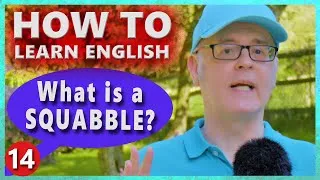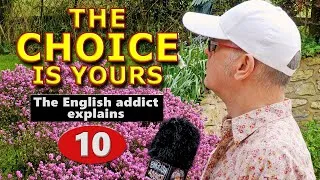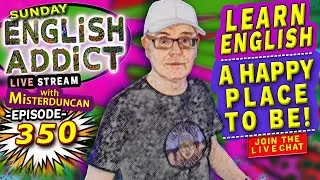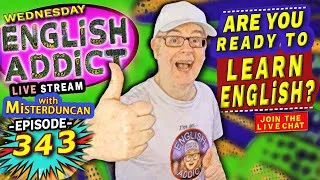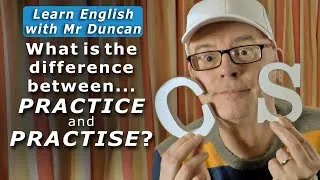Norėdami paleisti vaizdo įrašą, dukart spustelėkite žemiau esančius angliškus subtitrus.
New videos
Šioje svetainėje rasite "YouTube" vaizdo įrašų, naudingų mokantis anglų kalbos. Pamatysite anglų kalbos pamokas, kurias veda aukščiausio lygio mokytojai iš viso pasaulio. Dukart spustelėkite angliškus subtitrus, rodomus kiekvieno vaizdo įrašo puslapyje, kad iš ten paleistumėte vaizdo įrašą. Subtitrai slenka sinchroniškai su vaizdo įrašo atkūrimu. Jei turite pastabų ar pageidavimų, susisiekite su mumis naudodami šią kontaktinę formą.
